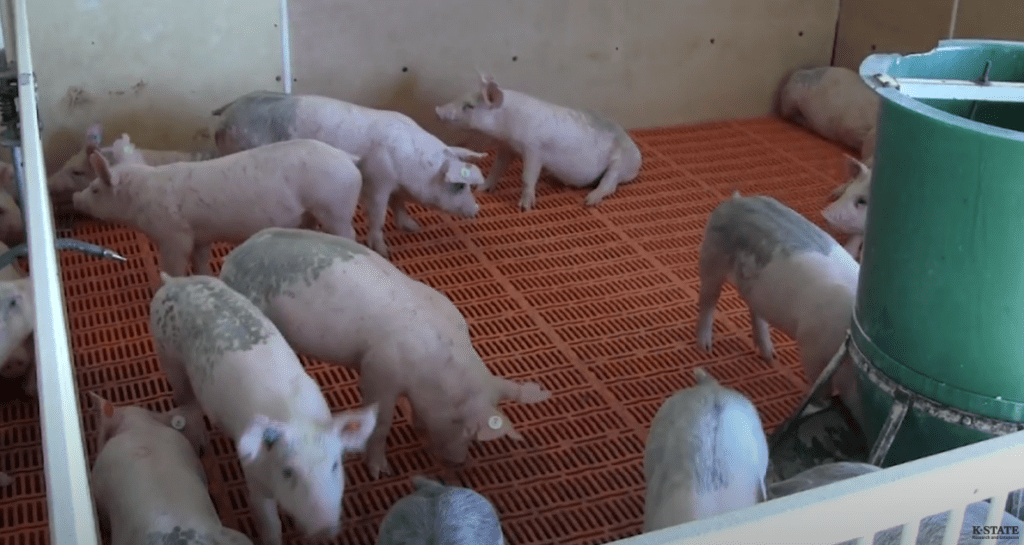Researchers at Kansas State University have published a study examining a simple method to help protect the U.S. swine industry from African Swine Fever (ASF), a deadly viral disease that affects pigs. The disease has never been found in the U.S. but has caused severe losses in other parts of the world. If it were to reach the U.S., it could devastate the domestic pig population and halt pork exports.
The study focused on using common household items to test equipment and surfaces that transport animal feed for traces of ASF. The researchers used PCR tests, which are quick and reliable tools that detect viral DNA or RNA, to check surfaces like trucks or shipping containers. The goal is to find the best ways to collect samples from these surfaces to detect the virus, helping to prevent its introduction into the U.S. and, if necessary, control its spread.
The research, funded by Texas A&M University’s Cross-Border Threat Screening and Supply Chain Defense center, aims to improve biosecurity practices and speed up virus detection. Testing of the PCR methods is still ongoing, but the initial results are promising.













